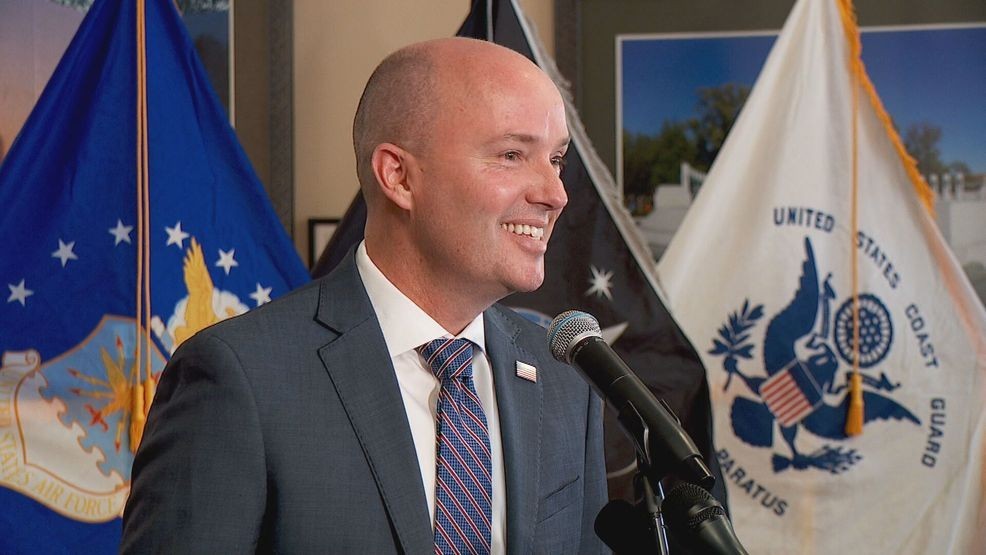SALT LAKE CITY (KUTV) — Governor Cox revealed his state budget plan on Thursday morning, which includes $20 million for nuclear power “site preparation” in Utah, and the elimination of state income taxes on Social Security payments to seniors.
The budget book—nearly 200 pages long—said the Social Security tax cut would be close to $145 million total and save seniors an average of roughly $1,000 a year. The governor said it is an “embarrassment” that Utah is still one of eleven states that tax those benefits.
But the nuclear power proposal—while relatively tiny in a $30.6 billion budget—may generate the most political electricity.
RELATED STORIES:
“Please don’t freak out,” Cox said, in response to a 2News question about the nuclear power appropriation. “If you’re an environmentalist and you’re not pro-nuclear, I cannot take you seriously.”
Right outside a window at the William E. Christofferson Veterans Home, where the administration outlined budget priorities, a dirty layer of haze hung over the Salt Lake Valley for yet another day.
“If you really believe that we need to eliminate carbon from the air, you have to be pro-nuclear,” said the governor. “You just do. There is no other way possible to do this. We will never be able to build enough solar and wind to solve what we’re being told is the problem. With the insatiable energy needs of our country, it’s just impossible.”
Cox said housing remains his top priority, but energy is now second.
Lexi Tuddenham, director of Heal Utah, said the governor’s insistence that environmentalists must be ‘pro-nuclear’ is “a little bit of a narrow view.”
In an interview with 2News, she said nuclear power raises concerns over radioactivity, waste and health.
“Saying that nuclear is a silver bullet answer to all our environmental issues is not taking a view of the entire scope of the issues of nuclear power,” Tuddenham said.
The House Speaker and Senate President sent a joint release, but did not specifically address proposed nuclear energy spending or the Social Security tax cut.
“During the 2025 session, we will continue prioritizing tax relief to foster economic growth,” the statement said, “and keep Utah competitive, strengthen education, expand energy and other critical infrastructure and address water needs.”
_____
